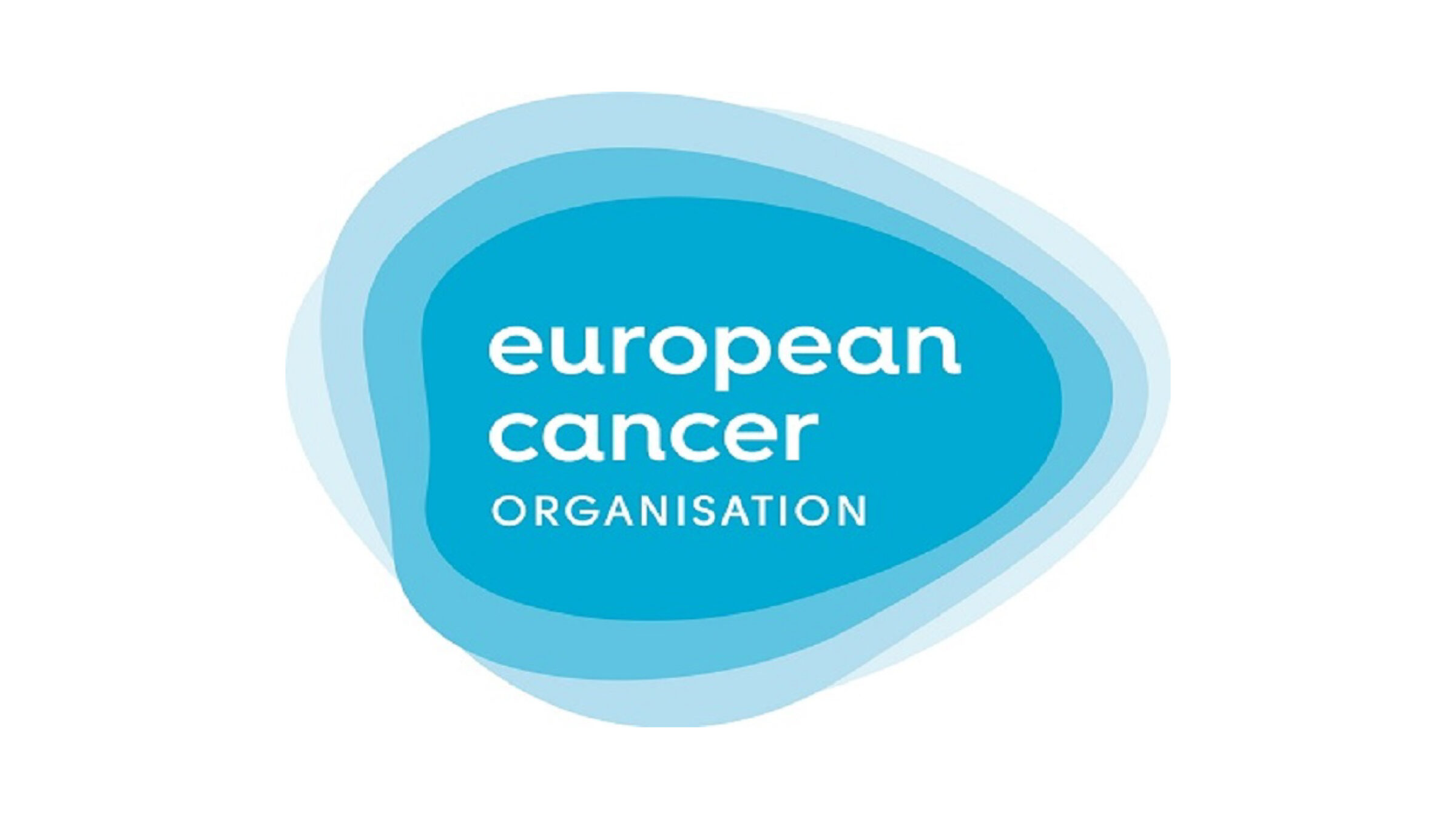Cancer care in Europe is in crisis
A workforce facing burnout, shortages, and inequalities
By many accounts, oncology doctors and nurses are being stretched to the breaking point — battling long hours, poor working conditions, and mounting mental health challenges. Across the continent, staff shortages are worsening the strain, preventing or delaying the quality of care many patients urgently need.
For over two years, the European Cancer Organisation (ECO), guided by its Workforce Network and partner organisations, has led a European-wide public awareness campaign to highlight this emergency to policymakers.
At the European Cancer Summit in November 2024, ECO unveiled Under Pressure, a report based on a survey of more than 700 oncology professionals from 30 countries. This publication paints a sobering picture — not just with statistics, but through the personal stories of those on the frontline of cancer care.
The data speaks volumes:
- 52% of cancer professionals say the workload is exhausting
- 55% are bogged down by bureaucracy
- 1 in 12 plans to leave the field within five years
But the crisis doesn’t hit every corner of Europe equally. Cancer professionals in Central and Eastern Europe report significantly more difficult working conditions compared to their Western counterparts. According to the survey, they:
- Experience higher levels of burnout (17%)
- Feel less supported in their workplaces (13%)
- Report lower overall job satisfaction (20%)
This cancer workforce crisis also underscores a gender gap that continues to shape the profession. While women make up roughly 70% of the health and care workforce, many high-level oncology roles remain male-dominated — held back by systemic barriers, stereotypes, and unequal career opportunities.
A second report released in late 2024, Women and Cancer, reveals:
- A 12.7% gender wage gap in the oncology field
- Women earn around 20% less than men on average
- 1 in 3 women say having children negatively impacted their career path
The consequences of inaction are dire
More than 4 million people are diagnosed with cancer each year in Europe. Without urgent intervention, workforce shortages will continue to deepen inequalities, delay diagnoses, and compromise care.
To address this, the European Cancer Organisation has used these findings to inform a set of policy recommendations targeting the WHO, EU institutions, national governments, and health system managers.
A Call for a European Cancer Workforce Action Plan
Among the key demands is a comprehensive EU Cancer Workforce Action Plan, which needs to be developed jointly by the European Commission, the European Parliament, and national authorities. Priorities should include:
- Creating healthy and supportive work environments
- Investing in workforce skills and training
- Supporting professional development and career progression
- Implementing fair staffing standards and workload adjustments
- Reducing red tape and administrative burden
- Promoting mental well-being and work-life balance
- Ensuring gender equity in career advancement and pay
But policy alone is not enough. Solutions must be rooted in real-world action.
That’s why the European Cancer Organisation is committed to supporting stakeholders across Europe to share data, coordinate strategies, and promote solutions. Among these collaborative efforts:
- EU-funded projects, such as:
- INTERACT-EUROPE 100, TRANSiTION and DigiCanTrain – developing targeted cancer and health training programmes
- BeWell – upskilling and reskilling health professionals
- HEROES Joint Action – supporting cross-border workforce planning
- WHO-led initiatives, including:
- A pan-European survey on the mental health of doctors and nurses
- A new nursing action project focused on the retention, recruitment, and well-being of nurses in Europe
- The European Cancer Community Foundation, which in 2024 distributed grants to support:
- A colorectal care improvement project in low-resource settings
- A programme supporting women in oncology in Ukraine
The message is clear: Europe’s cancer workforce is under pressure, but solutions are within reach. With coordinated action, sustained investment, and policy reform, it’s still possible to turn the tide and protect the future of cancer care across the continent.
You can read the full cancer workforce crisis report.
Learn more about the European Cancer Organisation’s workforce campaign.




